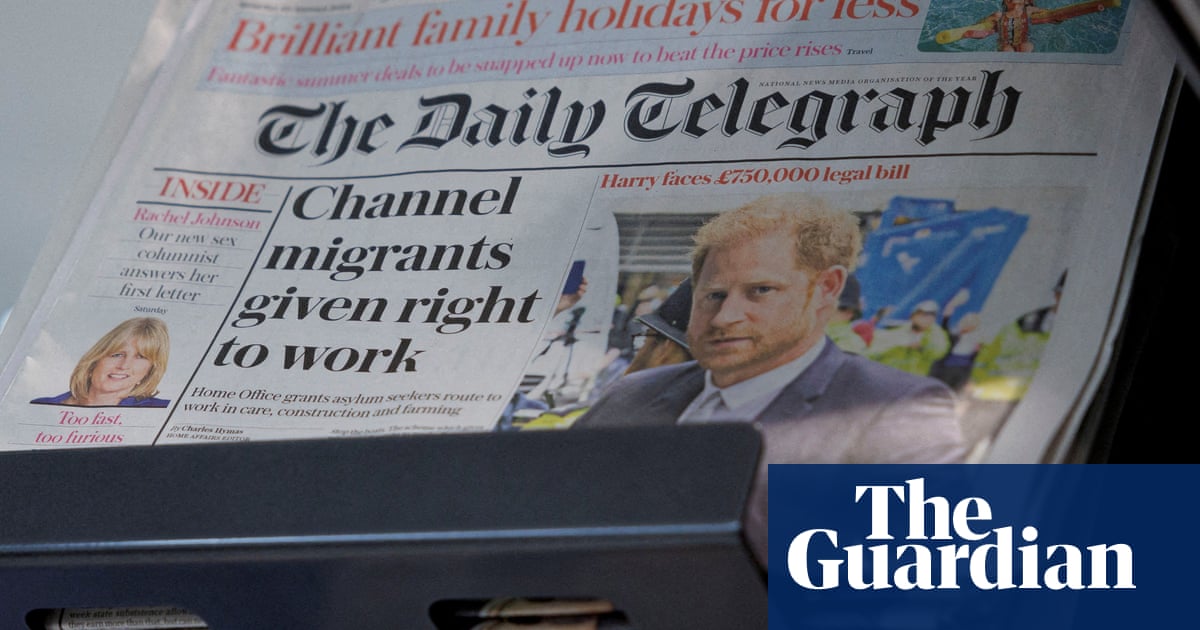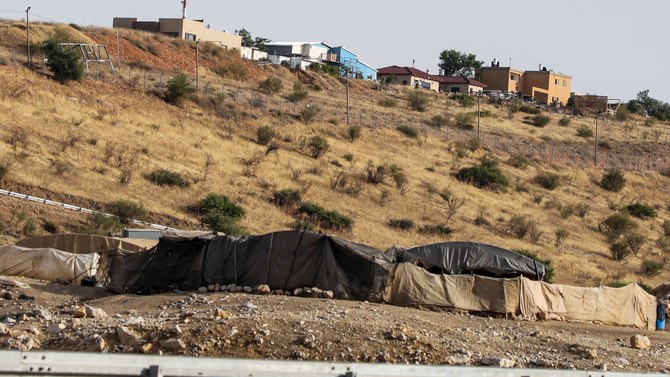
There is a powerful narrative about British Muslims that is often overlooked: one of belonging and optimism.
It’s easy to understand why. At many levels of society, we see barriers of Islamophobia preventing Muslims from participating as equal citizens.
Consider the workplace: a new Hyphen-Savanta ComRes poll shows that a staggeringly high 69% of UK Muslims have experienced some form of Islamophobia in the workplace. And if you’re a black Muslim, the figure is 76%. Just having a Muslim name makes it less likely that you get a job, find a flat or even get insurance.
Or consider the education system: a Department for Education study that showed 18% of the pupils polled in England have seen other children being bullied for being Muslim. This was reiterated in responses to findings by Childline, where young Muslims had specifically reported being called “terrorists” and “bombers” by classmates.
Or consider politics: whether it’s the rampant and institutional Islamophobia in the Conservative party or the (smaller albeit extremely serious) challenges in the Labour party, where more than one in four Muslim members of the party had directly experienced Islamophobia. Even those who succeed despite Islamophobic political campaigns end up facing Islamophobia in office, including Sadiq Khan, who needs 24/7 protection due to the “colour of his skin and the god he worships”.
Let’s not even go into the media, where only 0.4% of British journalists are Muslim, and almost two-thirds of articles that mention Muslims or Islam paint them in a negative light.
But it’s not just employment, education, politics and the media – the structural challenges are even deeper. Half of British Muslims face poverty, far more Muslims live in deprived housing conditions than the UK population average (35% v 13%) and Muslims are hugely over-represented in the criminal justice system: 15% of all prison inmates in England and Wales are Muslims, despite being less than 5% of the total population.
Maybe these barriers are unsurprising given the racist views held by many when it comes to Muslims. Britons are reportedly almost three times more likely to hold prejudiced views of Islam than they are of other religions, and conspiracy theories such as believing Muslim immigration was part of a wider plot to make Muslims the majority in Britain infect a sizeable minority of the country. Of those canvassed for one poll, 22% would be concerned if a Muslim family moved in next to them.
These facts on the ground make up an important evidence-based narrative about the challenges facing British Muslims, and should not be overlooked.
However, that is only part of the story. The new Hyphen-Savanta Comres poll, corroborated by other research, also supports a more nuanced narrative: one that does not erase the institutional racism and barriers to equality facing Muslims, but instead acknowledges how despite the discrimination and these structural challenges, British Muslims are overcoming the odds, defying the stereotypes peddled by the far-right and their allies and instead respond with a sense of belonging and optimism.
For example, most Muslim respondents (53%) to the new poll said there is an improved acceptance of Muslims in the UK. Other polling shows 93% of Muslims felt they belonged to Britain and more Muslims feel proud to be British than the national average.
Alongside belonging, there is optimism: most (57%) believe that young Muslims will be more successful than their parents, many Muslim pupils are already outperforming peers at school, and far more Muslim parents (66%) thought it “very likely” that their child would go on to university to do a degree in the future, compared to the national average (38%).
But why is this the case? Why, despite the Islamophobia being faced, do most Muslims still feel like they belong and are optimistic about their future?
On the one hand, there are more role models and greater representation across all walks of life: Mo Salah, FWA footballer of the year, the mayor of London, Oscar winner Riz Ahmed, Radio 4 presenter Mishal Husain and Nadiya Hussain, a Great British Bake Off winner.
And more structurally, it seems part of the reason is youthful optimism (half of British Muslims are under the age of 35), a religious sense of belonging and an immigrant mentality of working hard and making the best of difficult situations (British Muslims are predominantly first- or second-generation migrants). The reality is that we do not know.
It’s good that we celebrate the optimism, but let’s not ignore the challenges of Islamophobia and the inaction in tackling it. A nuanced narrative about Muslim communities is hopefully not too much to ask.
Miqdaad Versi is public affairs spokesman for the Muslim Council of Britain












